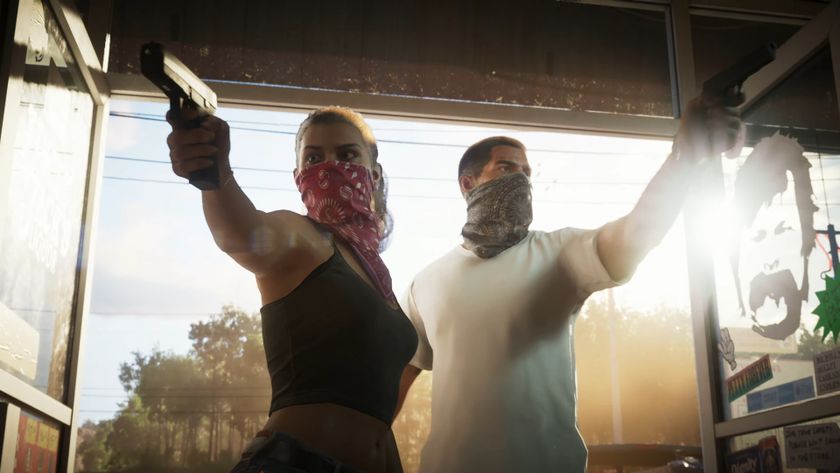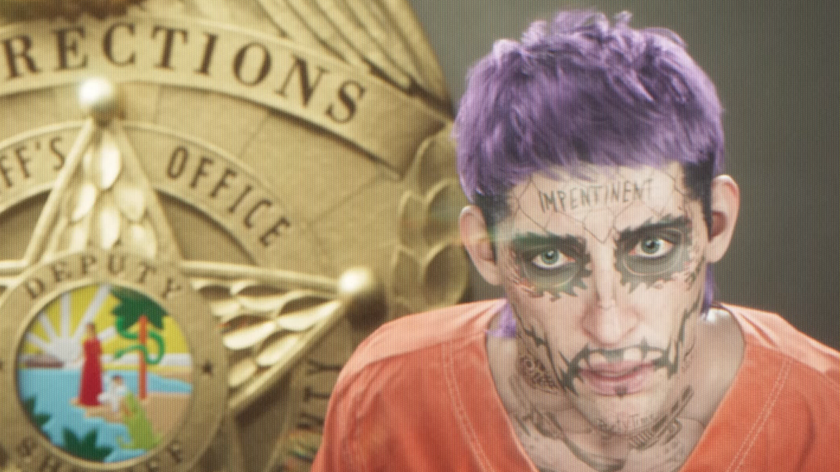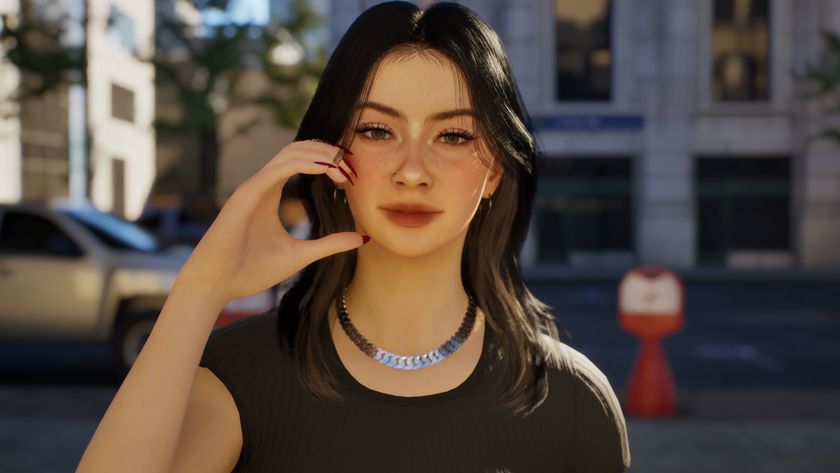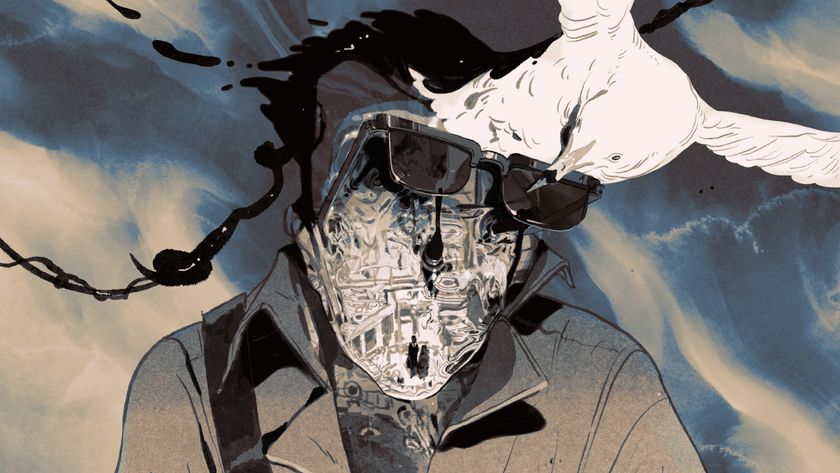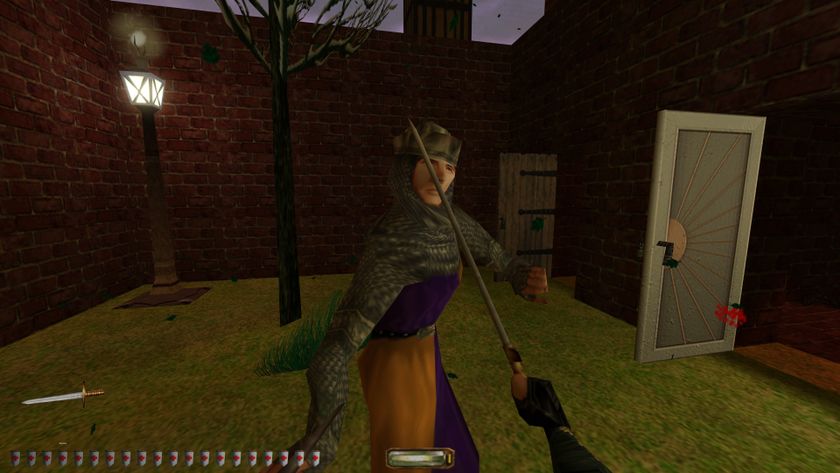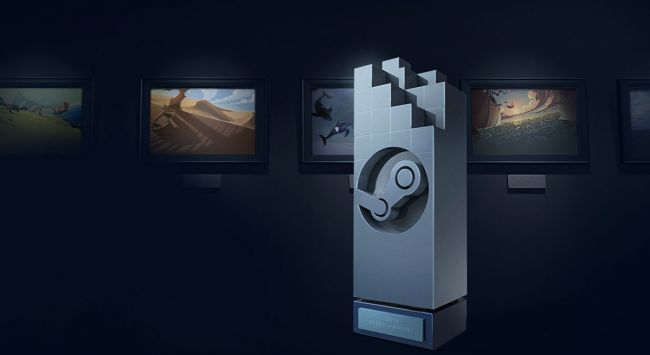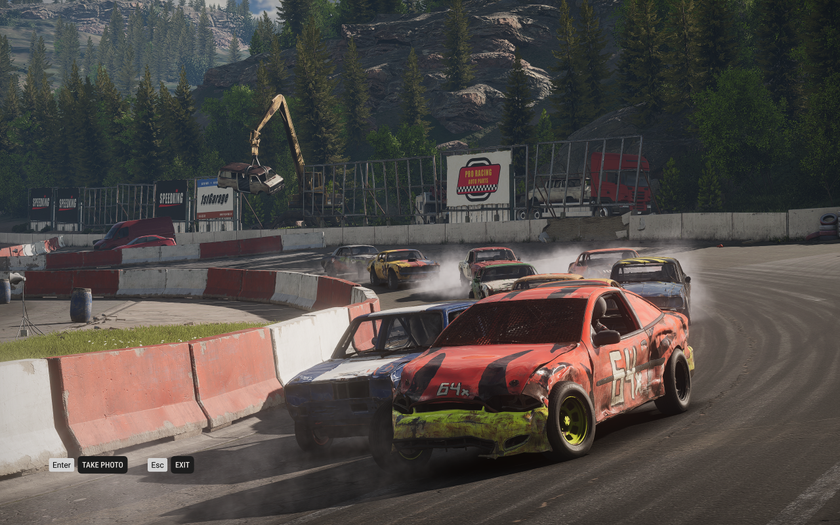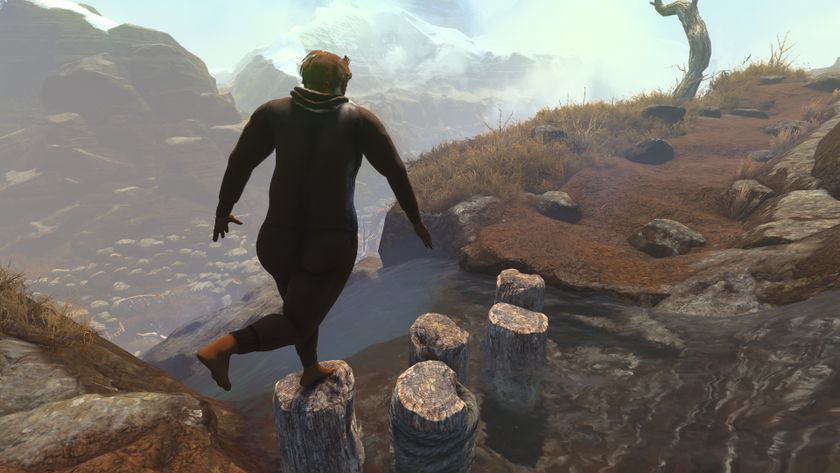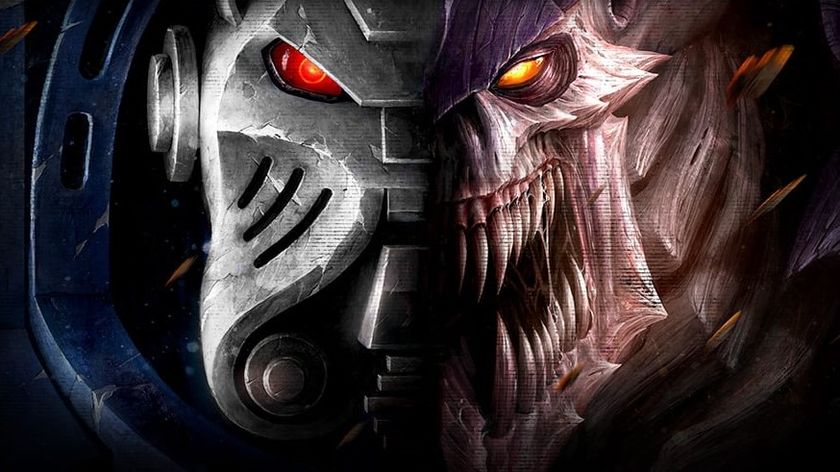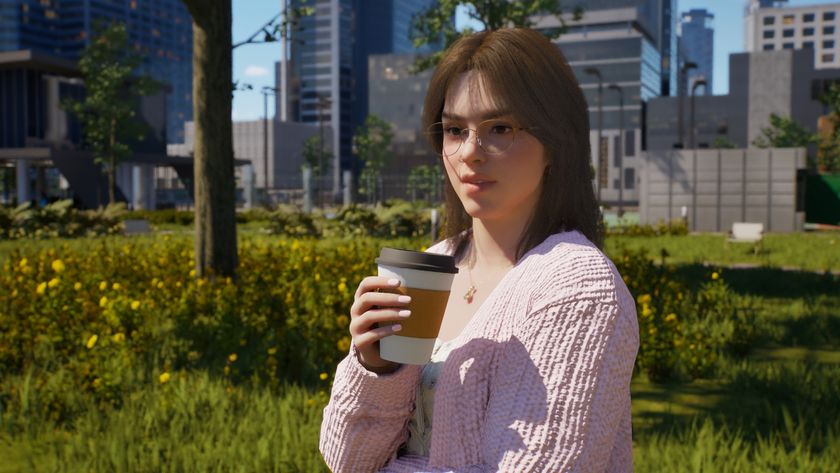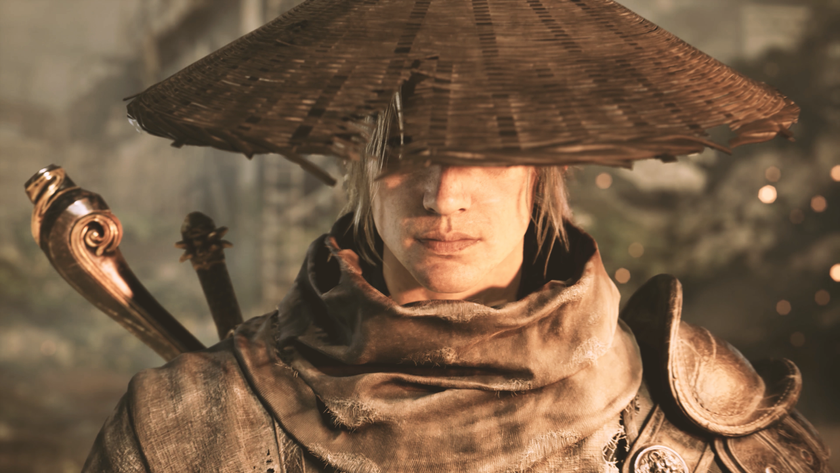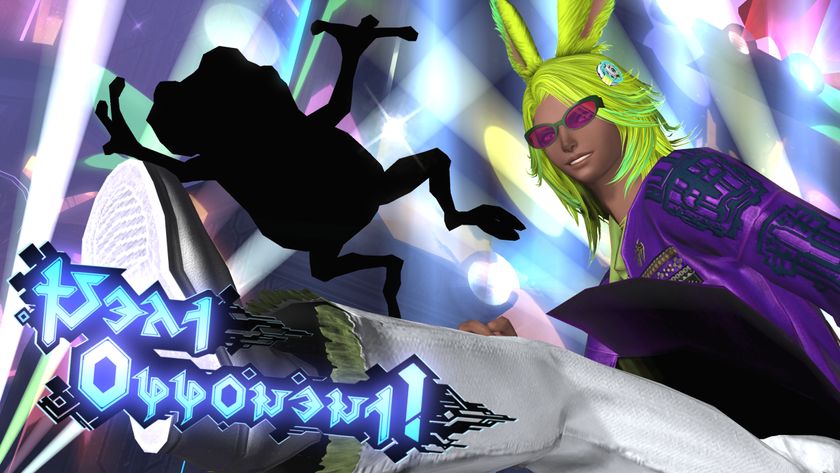5 times fan protests have worked
Strength in numbers.
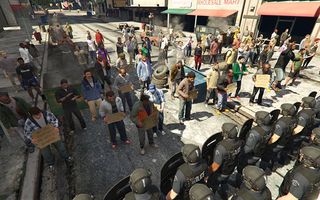
Signing an online petition or participating in a digital protest can sometimes feel a little bit like shouting your complaints into the uncaring void. Recent assaults on Steam user review ratings remind us, however, that even fairly disorganised protests can inspire changes not just to the games themselves, but to the business practices of their publishers as well. Below are five times where fans have forced publishers and developers to take notice.
OpenIV's shutdown

OpenIV is a modding tool for GTA that’s been popular for years, but with GTA 5 and GTA Online, publisher Take-Two’s relationship with modders became very rocky over worries that mods could negatively impact the delicate online ecosystem. That was the excuse used when a cease and desist letter was sent to the modders.
The fallout was huge. Once the OpenIV team announced that they were being shut down, players took to Steam to make sure Take-Two understood what a very big bear it had poked. Rapidly, the recent user reviews changed from ‘Mostly Positive’ to ‘Overwhelmingly Negative’, while the overall reviews changed to ‘Mixed’. GTA 5 already had a lot of positive reviews, so it took tens of thousands to tank its rating. On top of the glut of negative Steam user reviews was a petition that ended with over 80,000 signatures.
It worked, for the most part. Take-Two clarified its mod policy and started to communicate with the OpenIV devs, which led to the modding tool springing back to life. Lamentably, however, development on the ambitious ‘Liberty City in GTA 5’ mod ceased because it still contradicted the game’s mod policies. Coincidentally, publisher Paradox Interactive went back on an unpopular pricing change at around the same time, for the same reason: Steam user reviews.
Paid mods on Steam
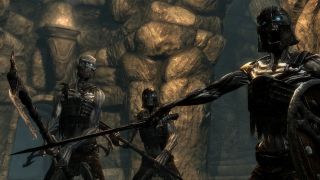
In 2015, Valve briefly allowed mod makers to sell their creations on Steam. It started with Skyrim, to test the waters, but the plan was for more games to support the feature. The mods weren’t curated by Valve or Bethesda, and creators could charge whatever they wanted. It didn’t go down very well, to say the least.
Players’ issues ranged from their belief that mods should always be free, and that premium mods go against the spirit of modding, to fears over modders stealing assets and selling them as if they were their own creations. Within a day, the latter had actually happened, though the mod was removed. A petition was quickly established.
“Mods should be a free creation,” read the petition. “Creations made by people who wish to add to the game so others can also enjoy said creation with the game.” It received over 130,000 signatures. A few days later, Valve removed the feature and refunded everyone, with a representative admitting that they didn’t really know what they were doing. Valve does want to take another crack at it, however, so paid mods might return.
The biggest gaming news, reviews and hardware deals
Keep up to date with the most important stories and the best deals, as picked by the PC Gamer team.
Mass Effect 3's ending
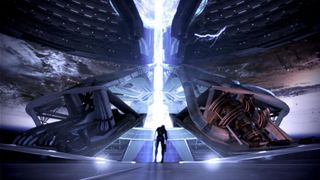
Mass Effect 3’s ending became infamous for not being particularly great, and for upsetting a lot of people. It’s almost become the Oblivion horse armour DLC of game endings. Ignoring a lot of the decisions players had made, the trilogy’s climax boiled everything down to three generally unsatisfying conclusions. Perhaps it didn’t deserve quite as much ire as it received, but it revealed just how incredibly invested players had become in Shepard and their crew’s story.
On Twitter, Facebook and on forums, players jumped between rage and offering meaningful criticism, and one even went so far as to make an FTC complaint, calling out BioWare for false advertising. The frustration was palpable, and for BioWare, impossible to ignore. Soon after, Ray Muzyka, BioWare Co-founder and general manager at the time, announced that the team was working on more content that would clear things up.
The result was the free Extended Cut DLC. It didn’t completely change the endings, but did flesh them out considerably while, importantly, adding an epilogue that made it feel like your actions actually changed the galaxy. The later Citadel DLC, which wasn’t free, arguably does an even better job, serving as a sort of farewell party for the entire trilogy.
SimCity's always-online requirement

When SimCity launched in 2013, it was stuck with an always-online requirement necessitated by the game’s misjudged hook: multiplayer regions. Absent a single-player offline mode, something that could have been novel and optional became the entire game. A substantial number of players weren’t fans.
It wasn’t just an issue of people not really jiving with EA’s vision of a sort of shared, multiplayer city-builder—it contributed to an absolutely disastrous launch, with many players unable to even log into the game. That backlash was unsurprisingly substantial and included a nearly 80,000 strong petition demanding the removal of the always-online requirement.
Though it defended the decision to make SimCity online, all of the negative attention forced EA to offer a mea culpa in the form of a free game, and then after several months make an announcement about a single-player offline mode. It arrived a year after SimCity’s launch.
Dark Souls' PC port
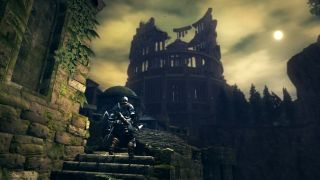
When FromSoftware’s formidable RPG, Dark Souls, launched on consoles but not PC, there was much sadness at the prospect over not getting cruelly punished in Lordran. “We want to be murdered by Ornstein and Smough too,” people cried. Luckily, publisher Namco Bandai was listening.
On the official forums, an almost off-the-cuff post from an admin inspired a petition. Within a few days, it had 70,000 signatures and the Namco Bandai rep assured fans that “every relevant” person in the company was going to hear about it. "If you wanted to have the attention of Namco Bandai Games, now you have it," they said. And it paid off. A few months later, the PC port was announced.
Unfortunately, Dark Souls: Prepare To Die Edition was shackled to Games For Windows Live, limited to 30fps, stuck with a fixed resolution and plagued by countless other problems. It was a mess. It was, however, vastly improved by modder Durante’s DSfix. It also opened the way for ports of the eventual sequels, which were all considerably more polished than their predecessor.

Fraser is the UK online editor and has actually met The Internet in person. With over a decade of experience, he's been around the block a few times, serving as a freelancer, news editor and prolific reviewer. Strategy games have been a 30-year-long obsession, from tiny RTSs to sprawling political sims, and he never turns down the chance to rave about Total War or Crusader Kings. He's also been known to set up shop in the latest MMO and likes to wind down with an endlessly deep, systemic RPG. These days, when he's not editing, he can usually be found writing features that are 1,000 words too long or talking about his dog.
